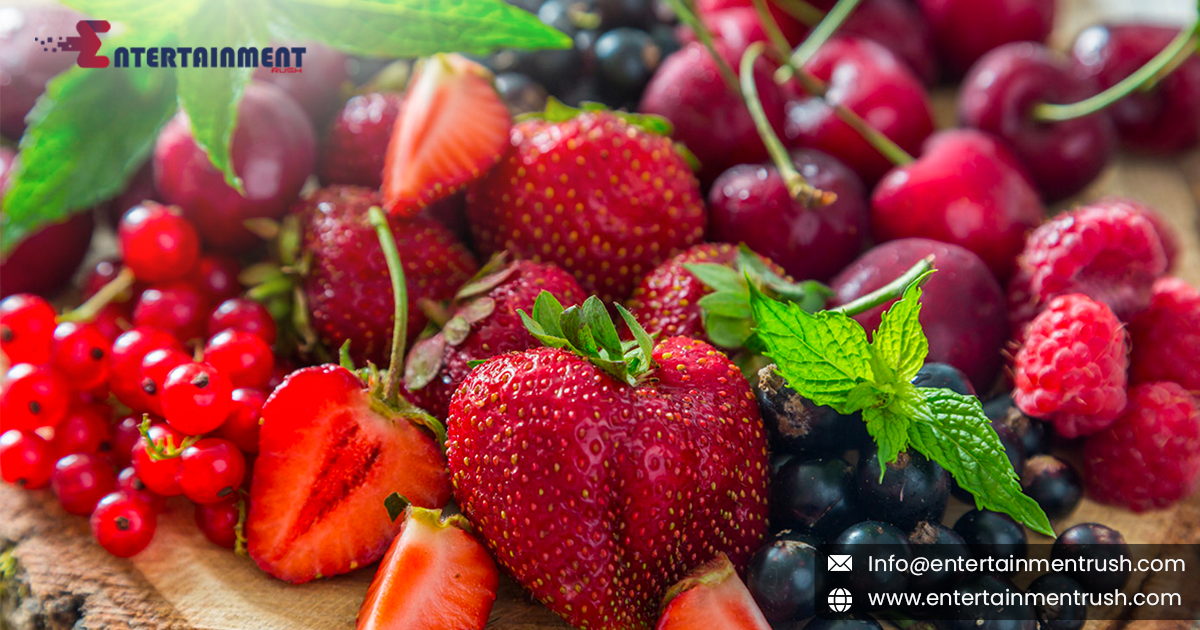Which Fruits Can Cause Allergies?
Allergic reactions to fruits can be a troubling experience, especially when the fruits in question are staples in many diets. Understanding which fruits can cause allergies and the underlying reasons for these reactions can help individuals manage their symptoms and make informed dietary choices. This blog explores the fruits commonly associated with allergies, the science behind these reactions, and practical advice for those affected.
Common Fruits That Can Cause Allergies
- Apples
Apples are a common culprit in fruit allergies, particularly due to a condition known as oral allergy syndrome (OAS). OAS occurs when the proteins in apples cross-react with pollen proteins, leading to allergic reactions in the mouth and throat.
Symptoms: Itching, swelling, or irritation in the mouth and throat.
Advice: Cooking apples can often reduce the allergenic proteins, making them easier to tolerate.
- Bananas
Bananas can cause allergic reactions due to proteins that are similar to those in latex, a phenomenon known as latex-fruit syndrome.
Symptoms: Itching or swelling in the mouth, hives, or more severe reactions in some cases.
Advice: If you have a latex allergy, be cautious with bananas and consult an allergist.
- Peaches
Peaches are another fruit that frequently causes allergic reactions, often linked to pollen-food syndrome, similar to apples.
Symptoms: Itching, swelling, or discomfort in the mouth and throat.
Advice: Cooking or peeling peaches may reduce allergic reactions for some individuals.
- Kiwi
Kiwi can trigger severe allergic reactions due to its high levels of protease enzymes, which can affect sensitive individuals.
Symptoms: Oral irritation, hives, or even anaphylaxis in severe cases.
Advice: Avoid kiwi if you have a known allergy, and consult an allergist for personalized advice.
- Mangoes
Mangoes contain urushiol, a compound also found in poison ivy, which can cause allergic reactions in some people.
Symptoms: Itching, swelling, or rash on the skin where the mango has touched.
Advice: Peel mangoes carefully and avoid the skin, as it contains higher levels of urushiol.
The Science Behind Fruit Allergies
- Cross-Reactivity
Many fruit allergies are related to cross-reactivity with pollen allergens. Proteins in fruits can be similar to those found in certain pollens, leading to an immune response. This is particularly common with fruits like apples, peaches, and cherries.
- Latex-Fruit Syndrome
For some individuals, fruits like bananas and avocados can trigger reactions due to their similarity to proteins found in latex. This is known as latex-fruit syndrome and requires careful management to avoid both latex and the associated fruits.
- Enzyme Sensitivity
Certain fruits contain enzymes, like the protease in kiwi, that can provoke allergic reactions in sensitive individuals. These enzymes can affect the immune system differently compared to other allergens.
Managing Fruit Allergies
- Identifying Triggers
The first step in managing fruit allergies is identifying which fruits cause reactions. Keeping a food diary and noting any symptoms can help pinpoint problematic fruits.
- Consulting an Allergist
For individuals experiencing severe or persistent reactions, consulting an allergist is crucial. They can provide tests to identify specific allergies and recommend appropriate treatments or dietary adjustments.
- Food Preparation
In some cases, cooking or peeling fruits can reduce their allergenic potential. For example, heating apples or peaches can break down the proteins causing OAS, making them less likely to trigger an allergic reaction.
- Avoiding Cross-Contamination
When handling fruits, especially if you have latex or severe fruit allergies, be mindful of cross-contamination. Use separate utensils and cutting boards to prevent exposure to allergens.
Conclusion
Understanding which fruits can cause allergies and the reasons behind these reactions is essential for managing food allergies effectively. By identifying specific triggers, consulting with healthcare professionals, and making informed dietary choices, individuals can minimize their risk and enjoy a healthier, more comfortable lifestyle. The focus key phrase “Which Fruits Can Cause Allergies?” serves as a critical guide for those navigating the complexities of food allergies and striving for better health management.
